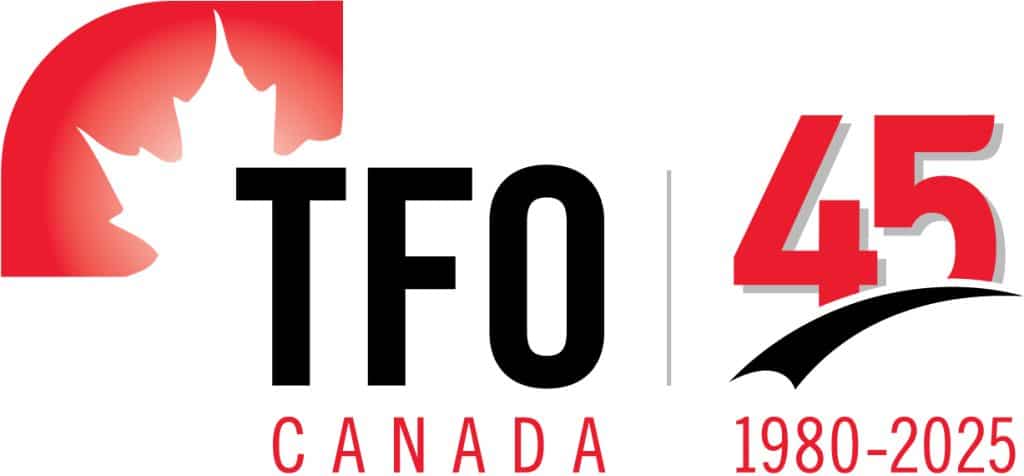After the current crisis has been bested, the Iberian market will continue to be key for Peruvian agro-export. There is great potential in organic production that is well seen in that destination.
Despite the fact that the situation that Spain is going through is complicated at the moment due to the Covid-19, it is still true that it will remain an important place for the Peruvian food trade. Clara Beltrán, foreign trade advisor of the Spanish embassy in our country, considers that the mutual relevance of both countries in terms of economy will be increasing.
The official explained that there are opportunities in the European country for organic products, an area in which the Old World has been a pioneer in terms of regulation. These are norms that also exist in the Peruvian market and allow promoting the sustainable and competitive development of organic production hand in hand with central planning, regional governments, and local governments in coordination with private organizations and institutions.
Beltrán recalled that in Peru the work of certifying organic production is in charge of Senasa and that there are also private certifiers such as the Spanish CAAE, which has specialized in this type of production for several years, both in Europe and here.
However organic producers who cannot access to cover the costs of this type of certification, there is an alternative way, which is the Participatory Guarantee System that emerged as an initiative for small family farming and is free.
"Peru is one of the main centers of biodiversity on the planet, the demand for products such as quinoa, asparagus, blueberries or avocado are high in the international market. With these characteristics it has clear advantages in agricultural production and that can be extrapolated to organic or ecological production,” Beltrán told blueberriesconsulting.com.
